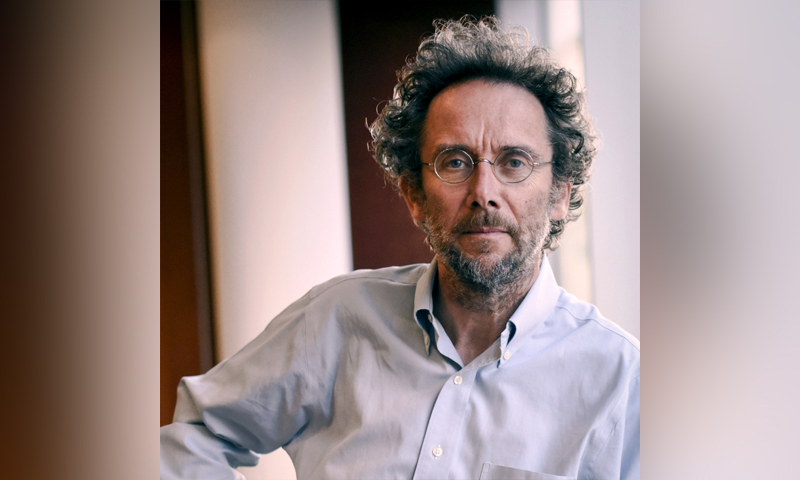
From: Erasmus MC
In the early morning of February 26, Prof Dr Charles Boucher (63) passed away at his home in Utrecht in the presence of his loved ones. Charles was a professor of antiviral therapy in the department of Viroscience, Erasmus MC since 2008. We have come to know him as a charming, very bright, energetic colleague who dedicated his professional life to virology with passion. As a medical doctor, he ensured that his research in the virology lab reached patients to improve their lives, both nationally and internationally. In his early career he discovered mechanisms by which HIV can become resistant against the drugs that were used for its treatment at that time. These were very important discoveries that contributed to the effective treatment of HIV that is currently available.
At Erasmus Medical Centre he was at the basis of a discovery of a mechanism of resistance against dolutegravir which resulted in a NIH funded project that he coordinated. Charles established international networks in which he studied not only HIV but also hepatitis C. Charles was instrumental in establishing the Erasmus MC HIV Eradication group, an inter and multidisciplinary consortium of basic and clinical researchers whose aim is to translate advances in basic HIV research into the development and testing of new therapies in the clinic.
Charles was a rare example of an excellent scientist and a formidable educator. Charles set up Virology Education, a company which organizes conferences and medical education in virology around the World. At Erasmus Medical Centre, he coordinated the Querido Honors College in which students were encouraged to engage in scientific and societal work in addition to their medical curriculum.
Charles showed a strong interest in societal issues and instilled in his students the importance of investing in the society in Rotterdam that allowed them to study. He encouraged students to do science and envisioned a future in which students started a PhD while they were studying medicine. Many of us were invited to his “Querido classes” because he wanted to nurture the curiosity of next generation doctors and scientists. “We have to make them think so they can come back to challenge us” was one of his favourite phrases.
Charles was an excellent mentor who recognized the talents of people and allowed them to prosper. He was always ready to give advice and to discuss new scientific studies. Charles generously shared his enormous worldwide network of scientists, many of whom became his friends, with PhD students, members of his research group and others who might benefit from his contacts. Charles encouraged the people he mentored and worked with to establish and lead international collaborations.
His freethinking spirit and enthusiasm for collaborating, performing science and love of education will stay with us forever.
Our thoughts are with his wife, five children and family.
